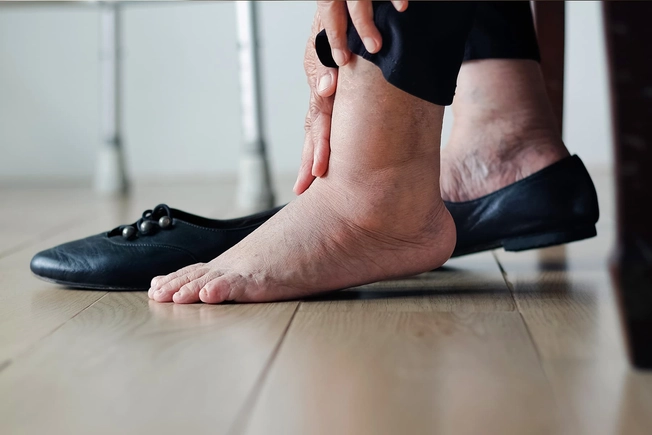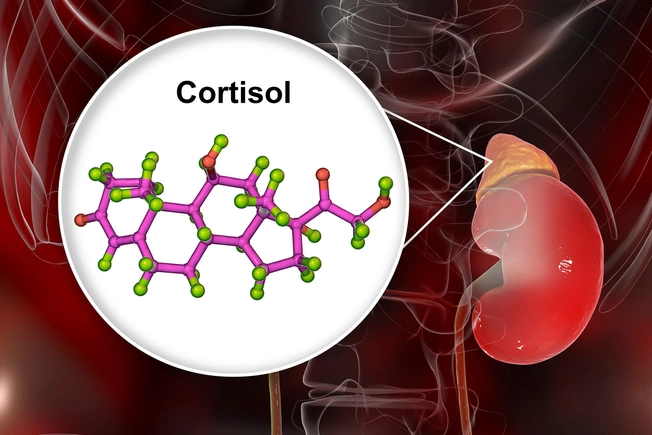How Grief Can Affect Your Health


Sleep Problems
Grief can keep you from getting the regular sleep your mind and body need. You might have trouble going to sleep, or you might wake up often in the night or even sleep too much. Good sleep habits can help. Wind down slowly before bed with something calm like a bath, a book, or breathing exercises, and go to bed and wake up at the same time each day.

Fatigue
The emotional toll of grief can drain your energy. To keep up your strength, be sure to eat enough, even if you don’t feel like it. And exercise -- something as simple as a short walk can really help. It's also good to stay connected with family and friends. And a mental health professional or a support group may be able to give you a sense of connection, along with tools to help you through your grief.

Immune System
There's some evidence that grief can take a toll on your body’s ability to fight illness and infection, especially if it goes on for a long time. Talk to your doctor or a mental health professional if you're having trouble coming to terms with your loss.

Inflammation
This happens when your immune system responds to something it sees as a threat and makes tissues in your body swell. It can play a role in heart disease, arthritis, diabetes, asthma, and possibly cancer. There's evidence that grief is linked to inflammation, and some studies show the more severe the grief, the more serious the inflammation. Exercise and eating right can help you manage it.

Anxiety
The events that cause grief can make you feel like you don’t have control over your life. You might be concerned about your financial future or being alone or the possibility of losing someone else. Some worry is normal, but if your anxiety lasts longer than a few months or gets in the way of your normal work or home life, it may be time to talk to a mental health professional.

Cortisol
This is sometimes called the “stress hormone,” and your body may release more of it than usual into your bloodstream in the 6 months after the loss of a loved one. High levels of cortisol over a long period can raise your chances of heart disease or high blood pressure.

Digestion
Grief can lead you to stop eating on a regular schedule or to binge eat. And stress hormones can make you nauseous or bother your stomach and the rest of your digestive tract. You might have stomach cramps, diarrhea, constipation, ulcers, and even irritable bowel syndrome. If you have stomach issues that won't go away, your doctor can help you find ways to treat them.

Aches and Pains
Grief may make you more likely to have joint pain, back pain, or headaches. Part of the reason could be the muscle tension caused by the stress hormones your body releases in response to grief. This should get better over time, but talk to your doctor about how to manage the pain if it doesn’t go away.

Heart Rate
Serious grief can keep your pulse high for as long as 6 months. This faster rate, which could be caused by anxiety or the release of cortisol, might your chances of heart problems. Talk to your doctor about adding or changing your medication, especially if you already have heart issues.

Broken Heart Syndrome
The sudden loss of a spouse or loved one can cause a jolt of intense emotion and trigger hormones that lead to sharp chest pain and trouble breathing. Your heart may not pump blood as well for a while. It can feel like a heart attack, but it usually doesn’t damage your heart or block your arteries. Most people get better within a few days or weeks.

Higher Heart Attack Risk
In the first day of grief over the loss of someone close, your chances of having a heart attack are higher than normal. They go down over the course of the first week, but your odds may stay higher than usual for the first month. Try to get enough sleep, and watch for signs of heart attack like chest and stomach pain, cold sweats, nausea, and dizziness.